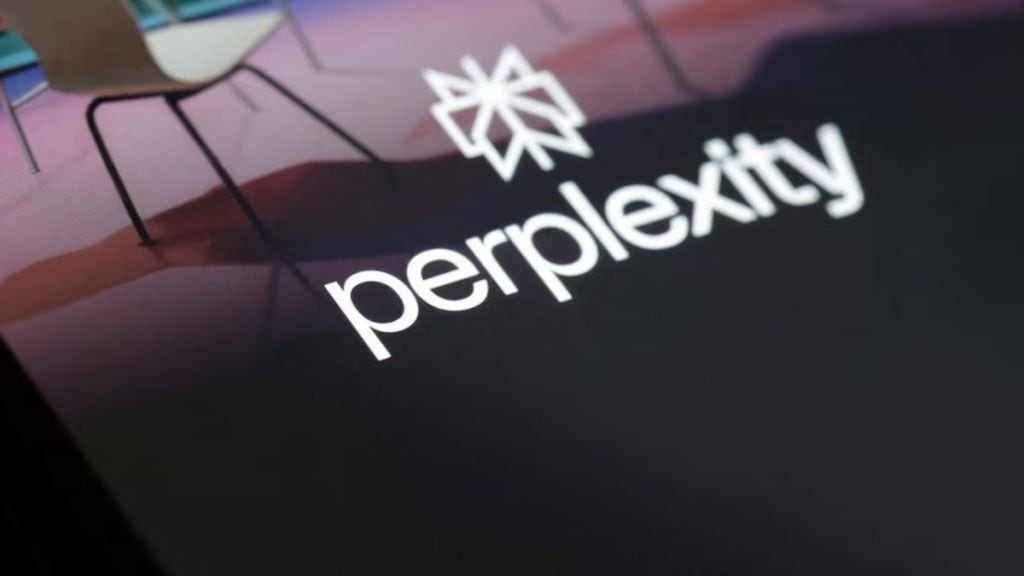Perplexity, the artificial intelligence-based search engine, is facing a lawsuit from Encyclopedia Britannica and Merriam-Webster in a federal court in New York. The case, filed on September 10, alleges that the company copied and misused material from the publishers’ websites.
Allegations of copying and misrepresentation
The complaint states that Perplexity’s platform has been scraping articles and definitions without permission and then presenting them to users as its own. The publishers also claim the startup used their brand names in misleading ways, creating the impression that the results originated from Britannica or Merriam-Webster.
An example included in the lawsuit highlights the word “plagiarise”, where Perplexity’s answer reportedly mirrored Merriam-Webster’s definition almost word-for-word. The publishers argue that such practices could mislead users and damage their reputation.
Background of disputes
The lawsuit is the latest in a series of complaints against the AI firm. Earlier this year, Forbes and Condé Nast raised similar concerns, saying Perplexity reproduced their journalism without consent.
In another case, the BBC accused Perplexity of using its content to train AI models. The broadcaster warned of legal action, asking the company to stop using its material, remove any data already incorporated into its systems, and propose financial compensation.
While publishers argue that their work is being exploited without authorisation, AI firms defend the use of such material as part of building their services. Perplexity, which recently introduced a $42.5 million revenue-sharing plan to compensate publishers, now faces mounting legal pressure as questions over copyright, trademarks, and fair use continue to grow.


